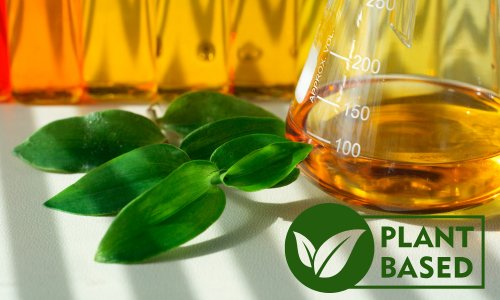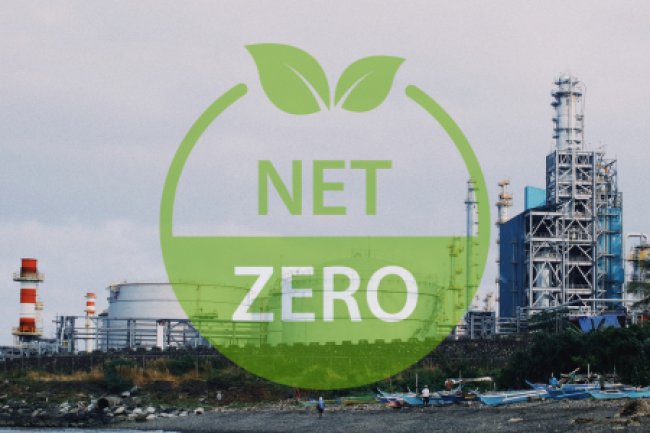From Petroleum to Plants: The Rise of Bio-Based Chemicals
Discover how bio-based chemicals are transforming the chemical industry. Learn why companies are shifting from petroleum to plant-based alternatives for a sustainable future.
From Petroleum to Plants: The Rise of Bio-Based Chemicals
In recent years, a quiet revolution has been reshaping the foundations of the chemical industry. The traditional reliance on petroleum-based compounds is gradually giving way to a new era—one built on renewable, plant-derived sources. This shift toward bio-based chemicals is not just a trend; it is a significant step toward more sustainable, eco-conscious manufacturing that could reshape everything from packaging to pharmaceuticals.
A Green Awakening
For decades, the chemical industry has leaned heavily on fossil fuels as the raw material for countless products. From plastics and fertilizers to textiles and paints, petroleum has been the cornerstone of modern industrial chemistry. However, this dependency comes at a steep environmental cost—carbon emissions, pollution, and resource depletion have long shadowed the industry's progress.
Today, that narrative is changing. Bio-based chemicals, derived from renewable plant materials like corn, sugarcane, algae, and even agricultural waste, offer a promising alternative. These materials are not only biodegradable but often carry a smaller carbon footprint over their lifecycle. As awareness of environmental challenges grows, so too does the demand for greener, cleaner chemistry.
A New Wave of Innovation
Driving this transition is a wave of scientific innovation and technological advancement. Recent breakthroughs in synthetic biology, fermentation processes, and enzymatic conversions have enabled the efficient transformation of biomass into high-value chemicals. These bio-based products can now match or even exceed the performance of their petroleum-based counterparts.
The growing versatility of bio-based inputs means they can be tailored for various industries. For instance, polylactic acid (PLA), derived from fermented plant starch, is being used in biodegradable packaging. Biosurfactants are replacing synthetic detergents in personal care products, while bio-based solvents are finding their way into paints, adhesives, and cleaning agents.
Moreover, bio-based chemicals open the door to novel functionalities. Unlike petroleum, which offers a relatively narrow range of molecular structures, biomass provides a more diverse chemical landscape. This enables the development of entirely new materials with unique properties and applications.
Challenges on the Road Ahead
Despite the optimism, challenges remain. Scaling up bio-based production to meet industrial demand requires significant investment and infrastructure development. Land use and food security must be carefully managed to avoid unintended consequences, such as diverting crops from food supply to industrial use.
Cost remains another hurdle. Although prices for bio-based materials have been dropping with technological improvements, petroleum-based chemicals still benefit from decades of established processes and subsidies. Achieving price parity will be crucial for widespread adoption.
The Future of Chemistry
As the global community seeks paths toward a low-carbon future, bio-based chemicals are poised to play a central role. They represent more than a sustainable alternative—they signal a fundamental rethinking of how materials are sourced, designed, and disposed of.
The journey from petroleum to plants is not just a technological evolution; it is a cultural and industrial transformation. With careful stewardship and continued innovation, the rise of bio-based chemicals could mark the beginning of a greener, more resilient future for the chemical industry—and the planet.
Meta Keywords:
bio-based chemicals, green chemistry, sustainable chemicals, plant-based alternatives, chemical industry trends, renewable resources, eco-friendly manufacturing
What's Your Reaction?




















